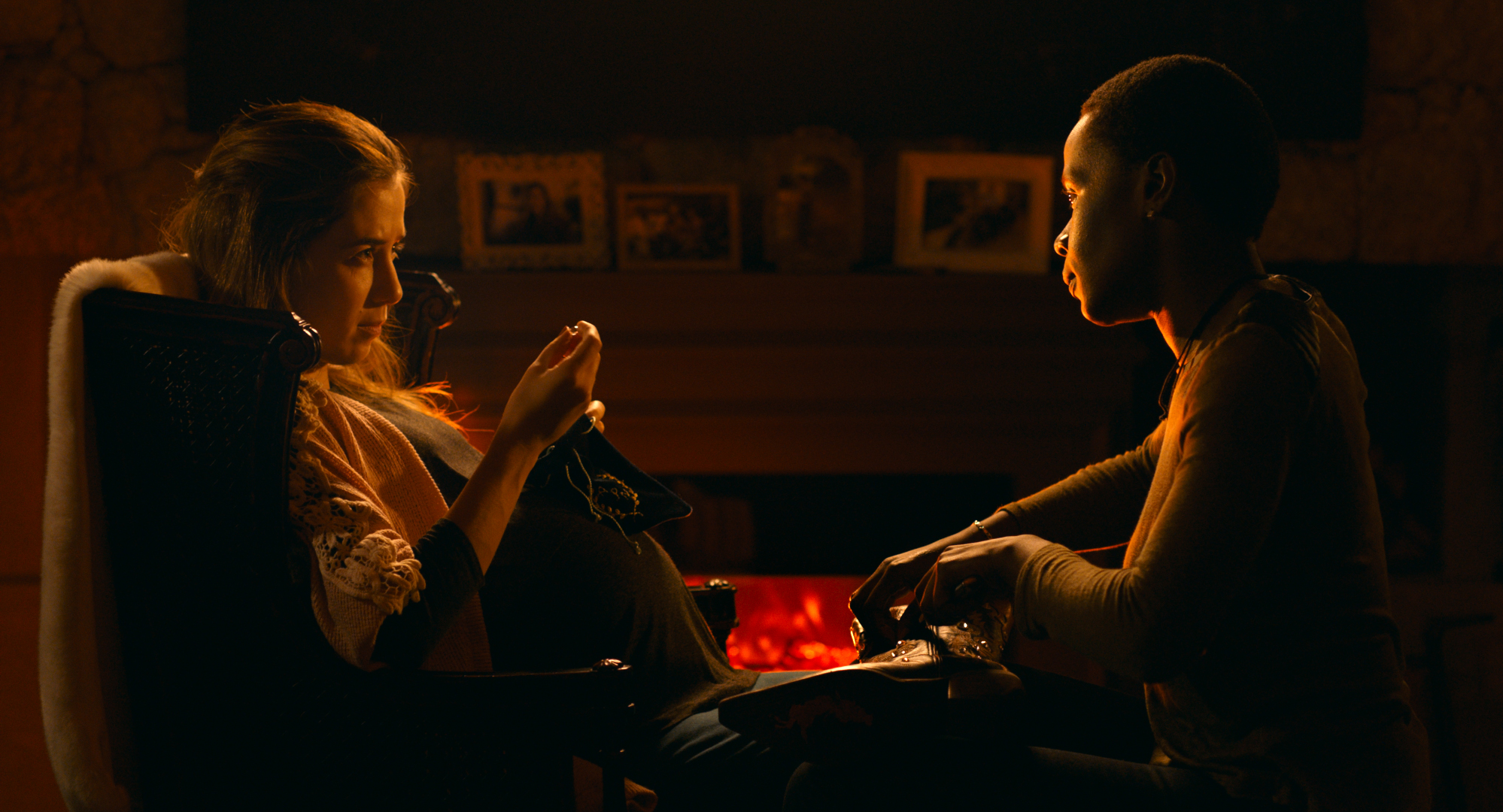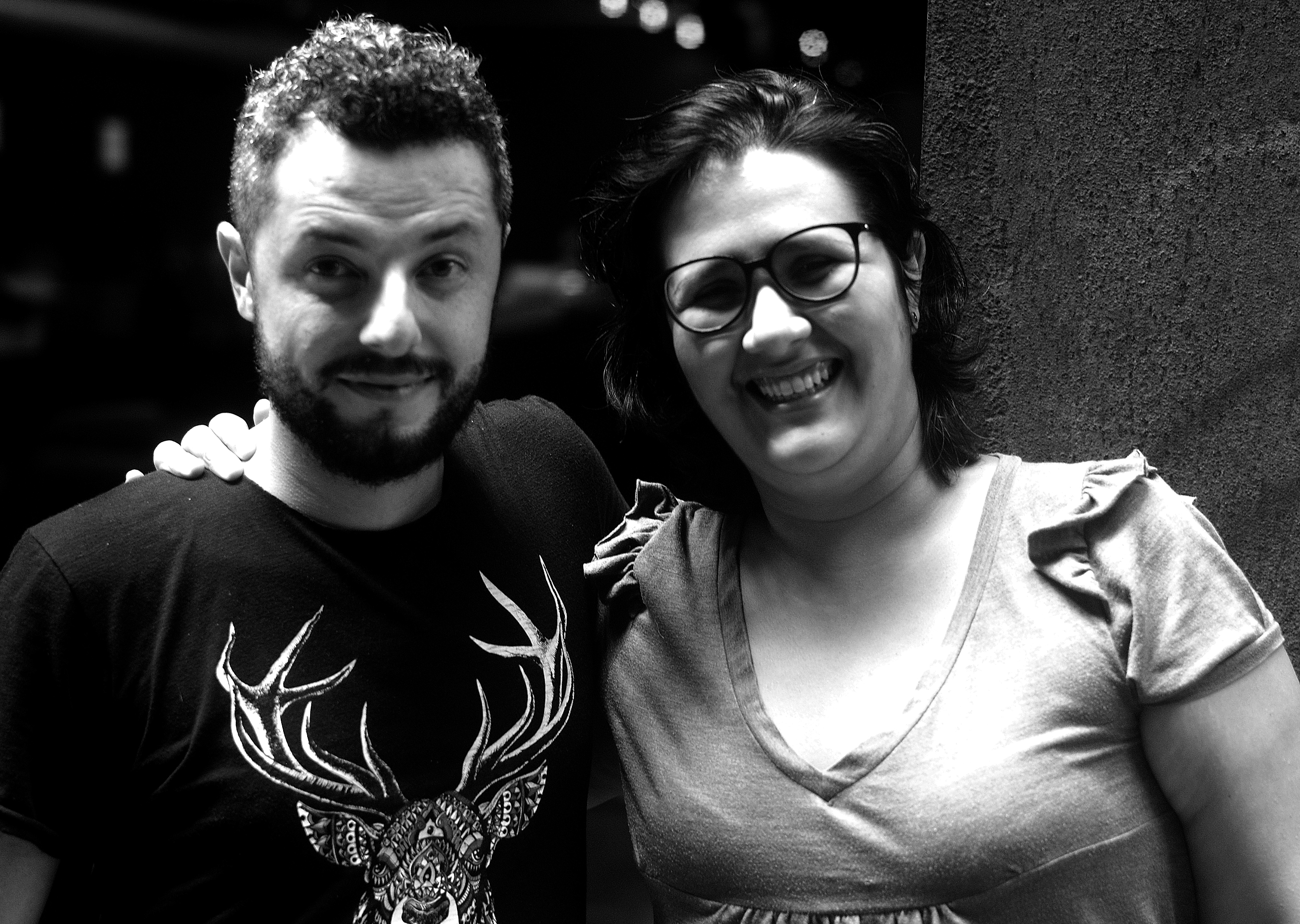
- Film
Brazilian Cinema Advances Into Horror With “Good Manners”
Two women from very different backgrounds – Ana, an upper-middle-class professional, and Clara, a nurse from the poor outskirts of São Paulo – come together under extraordinary circumstances. There’s an unplanned child, whose very own existence challenges the standards and expectations of the circles where Ana travels. And then there’s a Full Moon night that changes everything.
“We wanted to tell a story of outcasts, of people who dare to go outside the norm”, says co-writer-director Juliana Rojas. “Everyone in this story is outside the norm – Ana, because she challenges the conventions of the middle class, Clara, because she comes from the periferias (the poor, working class outward suburbs of São Paulo) and the child, Joel, because he’s extraordinary.”
Good Manners (As Boas Maneiras) is the second feature film of the Juliana Rojas-Marco Dutra duo after the critically acclaimed Hard Labor (Trabalhar Cansa, 2011). Rojas and Dutra met while studying film at the University of São Paulo, and immediately hit off. “We had the same sensibility, liked the same filmmakers, had the same perspective”, Rojas says. “And we both loved genre, especially horror and thrillers.”
Soon Rojas and Dutra were writing-directing together, working on two award-winning shorts and moving on to both solo work and collaborations, all of which was instrumental into bringing into play a semi-forgotten genre in Brazilian cinema: horror.

Horror and supernatural movies have been rare in Brazilian cinema – they might pop up once every decade, in isolated efforts that can be traced back to The Cooks’ Duel, a silent film from 1908 described by its director, one Antonio Leal, as “a comic picture in a fantastic mode”. The 1960s are the real beginning of Brazilian horror, with the arrival of the unique José Mojica Marins, an actor-director-producer responsible for the most successful horror character in Brazilian cinema: Coffin Joe. In the 1970s and 1980s, the independent and highly politicized work of underground filmmakers like Ivan Cardoso and poet Torquato Neto used horror as a metaphor for life under the right-wing dictatorship.
The new generation of Brazilian horror films might have distant roots in these films with the common trace of using horror as a metaphor for everything that ails Brazilian society. However, most of its direct inspiration comes from contemporary filmmakers like Guillermo del Toro and M. Night Shyamalan and genre pioneers like Jacques Tourneur (Cat People, The Leopard Man), a major influence on both Rojas and Dutra. “Genre can be a powerful tool to express the issues we are living right now”, Rojas says. “Horror and thriller speak directly to our subconscious.”
Indeed- Good Manners began as a dream, Rojas says. Dutra dreamt of two women coming together in a desert land to raise a monster child. “There is a vast and strong collection of myths in Brazil”, Rojas says. “To turn the dream into our film we went after the stories of humans who become monsters, and how and why this happens. The werewolf myths, which are constant throughout Brazil, speak very strongly about guilt, transgression, and punishment. It was an immediate connection.”
A Special Mention at the 2017 Austin Fantastic Fest and winner of the Special Jury Prize in last year’s Locarno International Film Festival, Good Manners is making a short run in the U.S., in limited release, this month, in New York and Los Angeles.